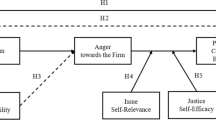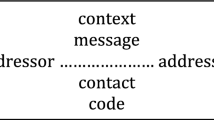Abstract
Does commercial speech deserve the same freedom from governmental interference as do noncommercial forms of expression? Examination of this question forces a reappraisal of the grounds upon which freedom of expression rests. I urge an analysis of those grounds which founds freedom of speech upon the requirements of individual autonomy over against society. I then apply the autonomy analysis to commercial expression by examining the empirical features which distinguish commercial forms of expression. Some such features - e.g., “triviality” — have been cited by others as justification for limiting the freedom accorded commercial speech, but I reject the power of those features to limit freedom of expression. Instead, I identify three features of commercial expression which are relevant to the task: resiliency (coupled with potential for abuse), action-orientation, and intimate connection with conventional commercial structures. I discuss the implications of these features for legitimizing governmental restriction of freedom in commercial expression, with the general conclusion that such restriction must be more severely limited than is commonly thought.
Similar content being viewed by others
Author information
Authors and Affiliations
Rights and permissions
About this article
Cite this article
Machina, K.F. Freedom of expression in commerce. Law Philos 3, 375–406 (1984). https://doi.org/10.1007/BF00654834
Issue Date:
DOI: https://doi.org/10.1007/BF00654834




